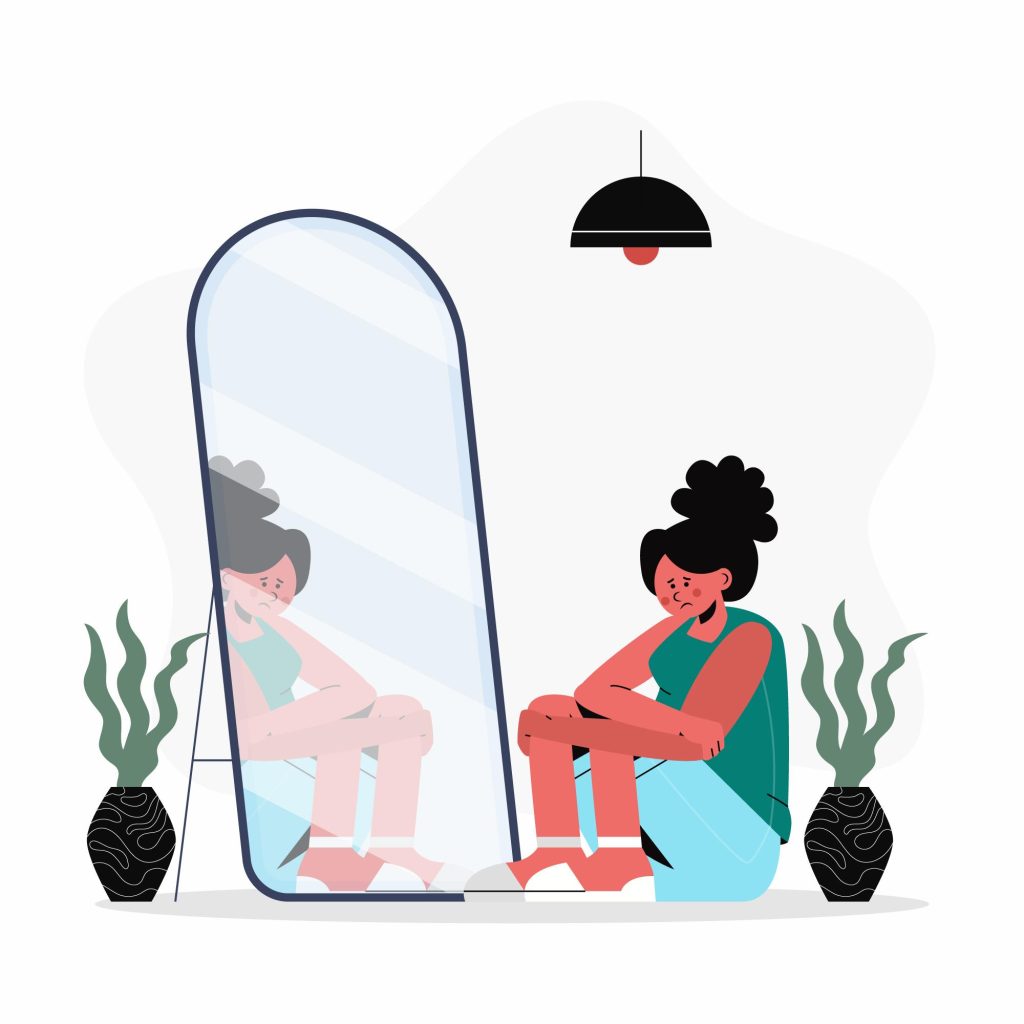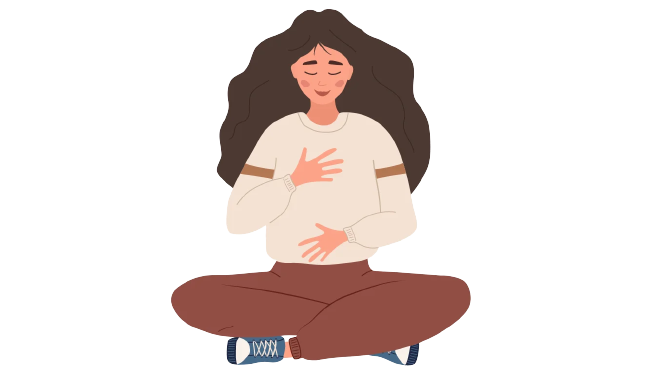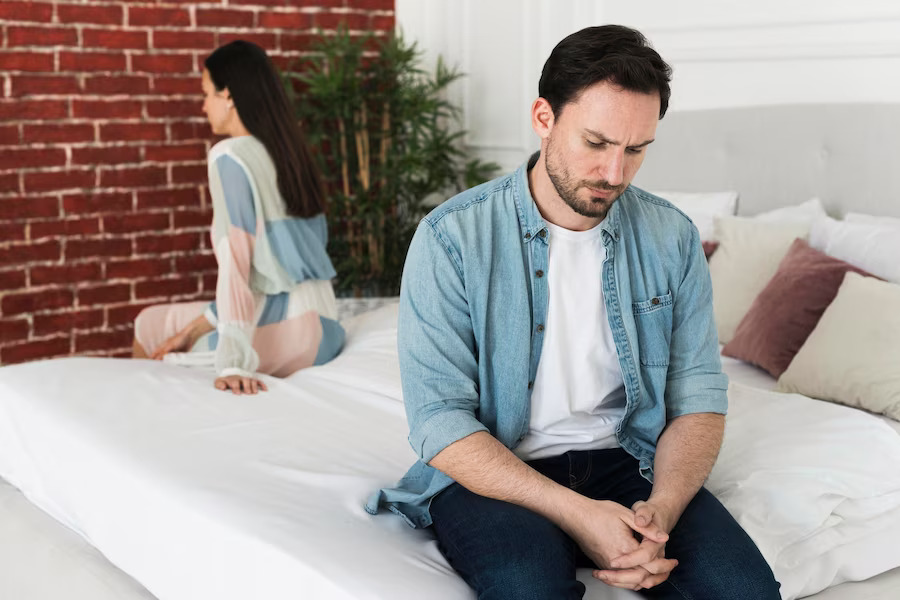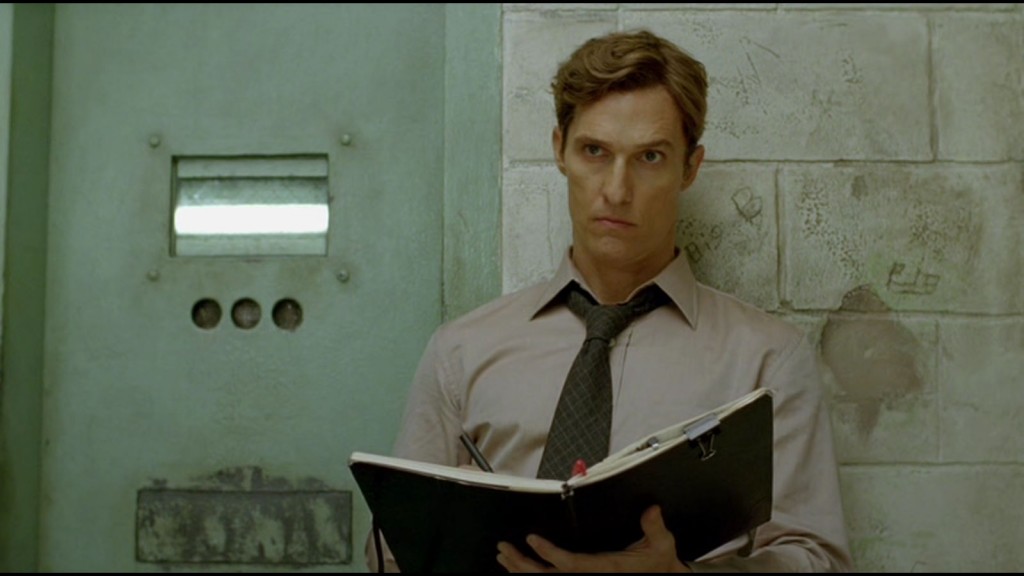Working Through Body Image Difficulties Mindfully
What are Body Image Difficulties? How many times have you found yourself scrolling through Instagram and feeling like you aren’t good enough? You may feel your nose is fat, lips are too thin, eyes aren’t pretty, or that you are simply not fitting into the ideal body type. Social Media can Negatively affect Body Image -this is where our insecurities stem from to give rise to body image difficulties. However it is important to remember that the images we see online are very different from reality. It’s not just social media though, you could also find that you are comparing yourself to the people in your life. It may be your siblings, parents, friends or colleagues. But don’t worry, you are not alone! It is important for you to create the space to understand yourself. Being kind towards your feelings and experiences is a simple first step toward dealing with body image difficulties. We can only appreciate ourselves when we take the time and space to understand ourselves. Let’s do an activity for you to create a kind of friendship towards your body and change the way you view yourself. A Practice To Appreciate Your Body In this activity you will have to bring focus to the smaller sections of your body- thanking and appreciating it for what it does for you. Before starting your practice sit on a chair or the ground comfortably, with your eyes closed. Start by taking 5–10 deep breaths. Each time you breathe in, remember it is helping you to stay alive and well. Every time you breathe out, smile and relax your body a little. Now slowly bring your attention to the area covered by your hair. Your brain is one of the most vital organs in your body, and is working all the time. Appreciate what all it does for you. Smile at it lovingly and say, ‘I thank you for taking care of me every day.’ Now, stay connected, feeling the sensations in your face for a few seconds. Similarly, turn your full attention to your face and gradually move your attention to your whole front torso, from your neck to your chest and belly followed by your back working your way up to the seat of the body and your legs. Once you have finished appreciating and thanking your entire body, take your attention to that one aspect of your body that disturbs you the most. Focus your full attention on that one aspect. Now simply remind yourself again how your body works tirelessly to keep you well and functional. Is it not unfair to be upset about something so minor? Smile at that aspect of your body and say, ‘I am sorry, I have not loved you enough. I am sorry I have been unkind to you by disliking you. I will try to remember how kind my body is to me.’ Now smile at that part and stay connected to it, watching the sensations for a few seconds. End your practice by taking a few deep breaths, smiling and relaxing every time you breathe out. This is a beautiful way to mindfully learn to love and appreciate yourself and deal with body image difficulties. When you focus on remembering the wonderful ways in which your body supports you every day, even without you caring much for it, you will gradually start to love your body. Your body will also respond by healing and becoming healthier. Are You Struggling With Body Image Issues? Counseling can be a great tool for you to work on your relationship with your body and lead a happy, stress-free life. We are here for you. Book an Appointment Frequently Asked Questions Are Body Image Issues only limited to a particular gender? Body image issues can affect individuals of all genders. While body image issues are usually represented as a female issue, it is, in fact, an issue that can affect anyone. How you perceive your body is linked to your self-esteem and can often lead to mental health difficulties and disordered eating. What are other ways to improve the relationship I have with my body? Developing a healthy relationship with your body can be difficult, but it isn’t impossible. Being compassionate with yourself and accepting yourself for your qualities and your flaws can help you improve the relationship with your body. Other ways to manage body image difficulties is to challenge negative, self-critical thoughts to produce more logical, rational, and positive ones. Also, if you feel like you need some professional help, it is always great to approach a mental health professional, like a therapist to help you with this. Do cultural and societal standards impact body image? Certainly! Popular culture or the mainstream culture often celebrate an “ideal” or “perfect” version of how a person should look. This, is often an unrealistic standard that most people fail to meet. These societal standards can often perpetuate body image difficulties as people often try to be like these ideal versions, creating low self-esteem. About the Author This article was written by Simran Sharma, Counselor at Inner Space. This post was consulted & approved by professional therapists practicing online therapy and counseling. Ask a Therapist If you are interested to know more about body image and other mental health topics, ‘Ask A Therapist’ is a platform for you to ask your questions related to Mental Health, Mindfulness & Emotional Well-Being to our team of qualified Therapists. Ask a Therapist Related Blogs Managing Difficult Thoughts Mindfully Body Image Issues In Adolescence: How Can You Develop A Positive Body Image?? Coping with Social Anxiety: The Fear of Being Judged
Working Through Body Image Difficulties Mindfully Read More »










